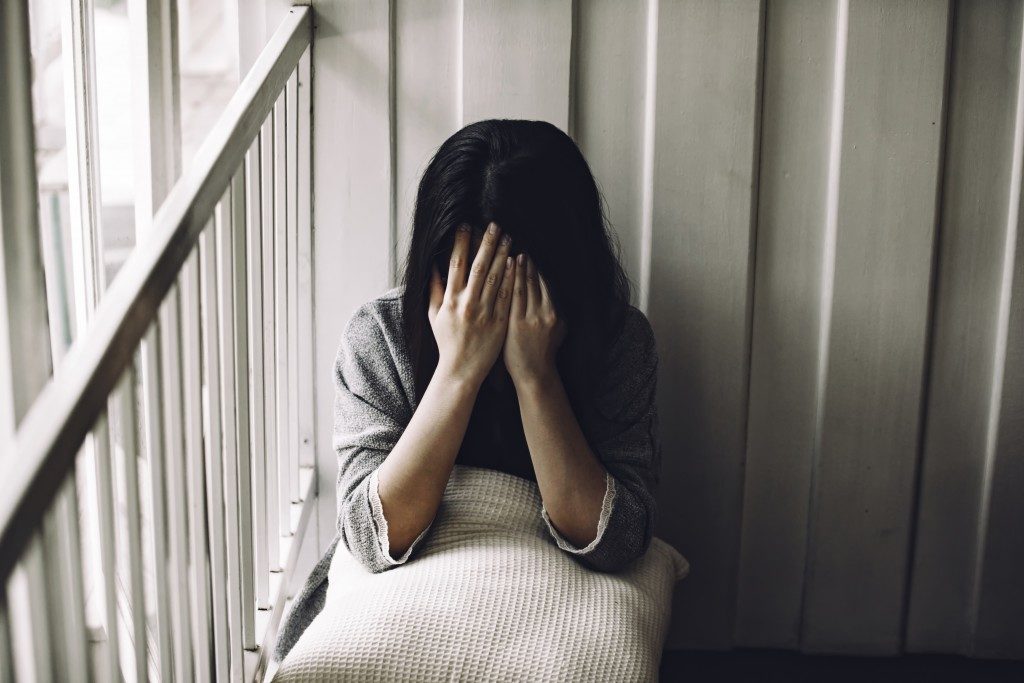Suicide is always a tragedy that the loved ones left behind are left looking for reasons why their loved one decided to end his or her life. Usually, the most common reason is poor mental health. However, this isn’t always the case.
Sometimes, it may seem that an individual became more prone to suicide than normal or was pushed into committing suicide. In these instances, could loved ones hold someone responsible for their loved one’s suicide, and how should they deal with it?
Determining Liability in Suicides
Generally speaking, if an individual committed suicide, she or he has directly caused her or his death. If you’re planning on filing a personal injury case against another individual who you think might have something to do with your loved one’s suicide, the court will need to determine whether or not the actions of the defendant is a significant factor in your loved one’s death.
This will call into question the concept of foreseeability – was the suicide reasonably predictable or foreseeable when the inaction or actions of the defendant is considered? Basically, was it a “normal” consequence of the defendant’s inaction or actions? Other vital factors to take into account and maybe create an argument of liability around include the following:
Whether or not the defendant had any reason to know or knew that your loved one was suicidal – has your loved one ever talked about wanting to commit suicide or have tried in the past to commit suicide?
Were there other contributing factors?
This is aside from the part allegedly played by the defendant that could help shed light on why your loved one committed suicide? The amount of time that has passed between your loved one’s death and the inactions or actions of the defendant.
Essentially there are no explicit and specific rules regarding the liability of a suicide, which makes the need for a sound and solid argument crucial to a lawsuit. This is why you need to work with an experienced personal injury lawyer from a reputable personal injury law firm here in Lynnwood.
Filing a Wrongful Death Lawsuit

Laws on wrongful death differ significantly from state to state, but in general, the plaintiff would need to prove that the negligent or intentional actions of the defendant resulted in the death. Also, if the plaintiff sustained some kind of harm because of it.
With regards to suicide, for a wrongful death lawsuit to become successful, the plaintiff should show proof that the individual wouldn’t have committed suicide if it wasn’t for the inactions or actions of the defendant.
For example, parents can file wrongful death lawsuits following the suicide of their child because of bullying. In cases like these, the parents can sue the bully as well as the school.
Put simply, if you strongly believe that your loved one wouldn’t have committed suicide if not for another individual or entity’s inactions or actions, seek help from a local personal injury attorney. Due to the gray area clouding liability for suicide cases, your lawyer will have to create a very persuasive argument and also take into consideration the intricacies of wrongful death in your state.





